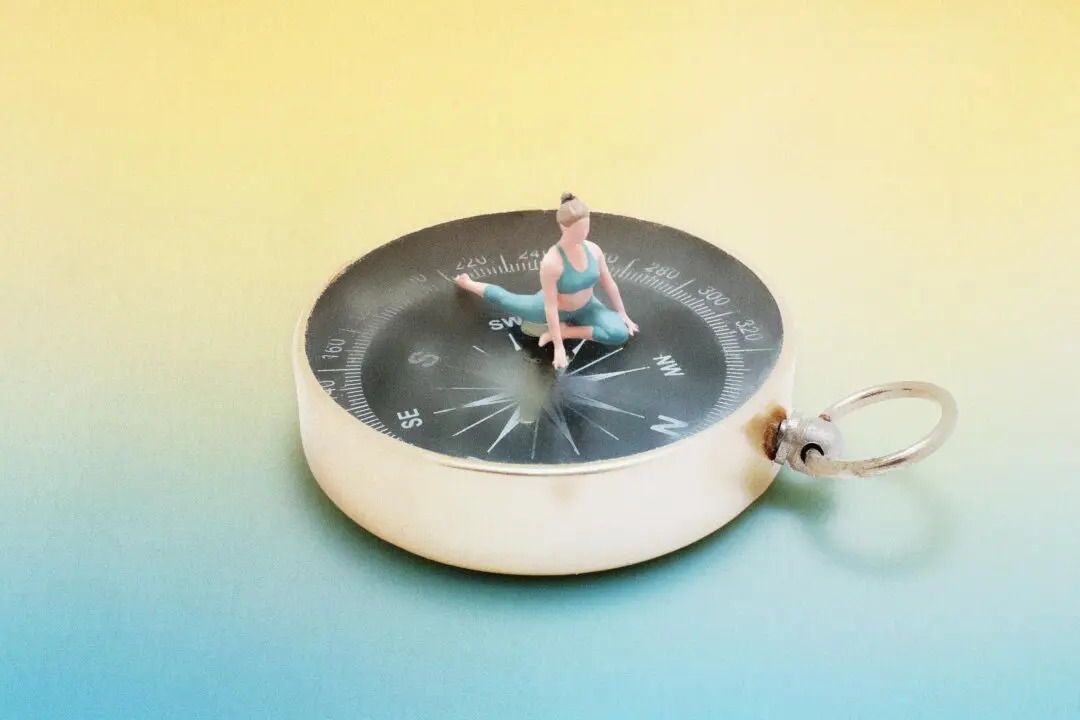“You live as if you were destined to live forever, no thought of your frailty ever enters your head, of how much time has already gone by you take no heed. You squander time as if you drew from a full and abundant supply, though all the while that day which you bestow on some person or thing is perhaps your last.”—Seneca
We could use a daily contemplation on how limited our time is in this life. Most of us avoid thinking about it, or get worked up or sad when we think about it. But it’s a powerful contemplation.






